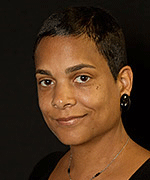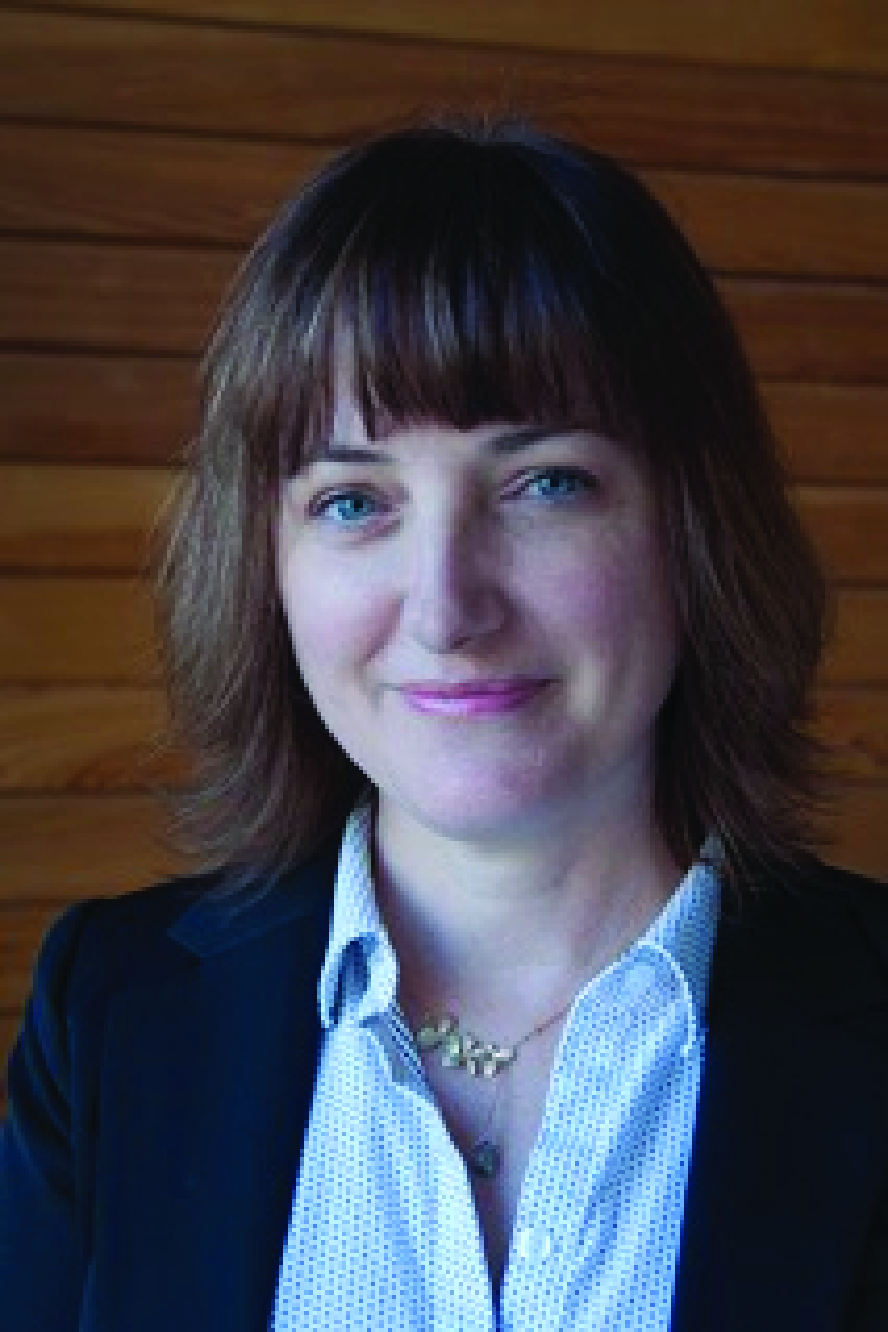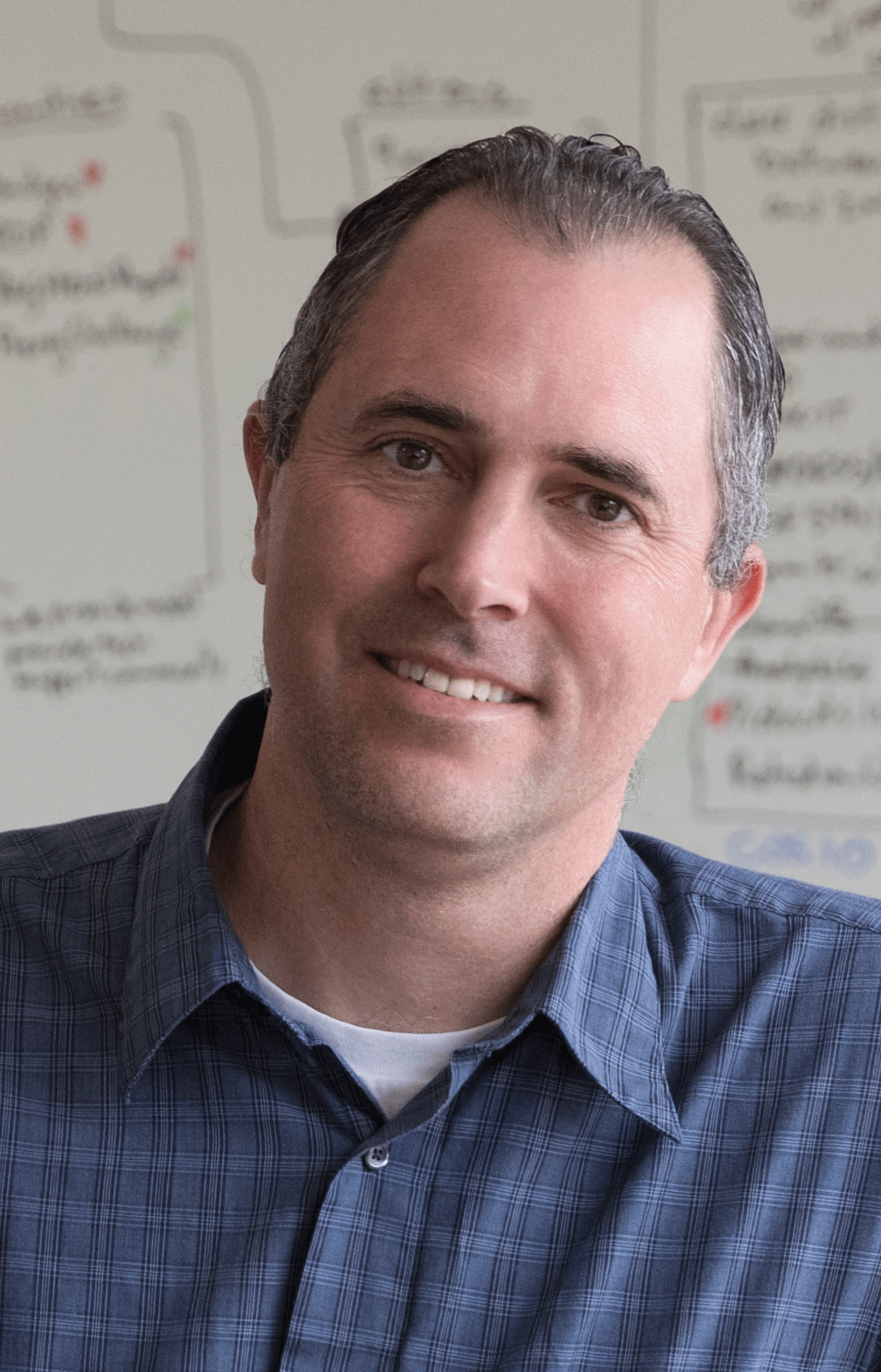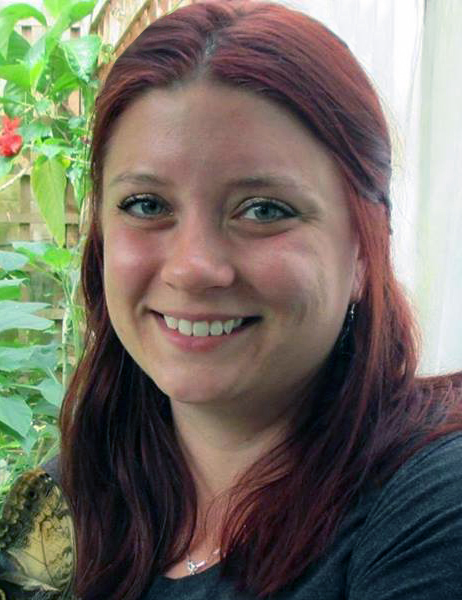Q&A series with ECS OpenCon 2017 speakers

Dina Paltoo, director, Division of Scientific Data Sharing Policy, Office of Science Policy,
National Institutes of Health
ECS will be hosting its first ever OpenCon event on October 1 in National Harbor, MD. OpenCon will be ECS’s first, large community event aimed at creating a culture of change in how research is designed, shared, discussed, and disseminated, with the ultimate goal of making scientific progress faster.
During ECS’s OpenCon, Dina Paltoo, director of the Division of Scientific Data Sharing Policy at the National Institutes of Health’s Office of Science Policy, will give a talk on open and government.
The following conversation is part of a series with speakers from the upcoming ECS OpenCon. Read the rest of the series.
ECS: Why are you interested in OpenCon?
Dina Paltoo: OpenCon will bring together various stakeholders to learn about recent updates and current activities in open science and public access. Science is generating a vast amount of data, and these data are becoming increasingly digital. The digitization of these data, along with advances in bioinformatics and information technology, as well changes to scientific ethos and practices, are allowing for increased access to and analyses of data. Thus, these data may be used to answer additional research questions which can advance science and benefit the public. It is important for the scientific community to understand the benefits of open science and public access to data.
ECS: The bio and life sciences, as well as the math and physics community, have been early adopters of tools in the open science paradigm. Do you think there are easily transferrable lessons for other scientific disciplines?
DP: I would agree that some scientific communities have been ahead of others, with regards to the open science paradigm. Within the biological sciences for example, the genomics community has been openly sharing data for a number of years. A culture change is needed in many scientific disciplines, and the math and physics community could definitely provide case studies and lessons learned which other disciplines can adopt.





